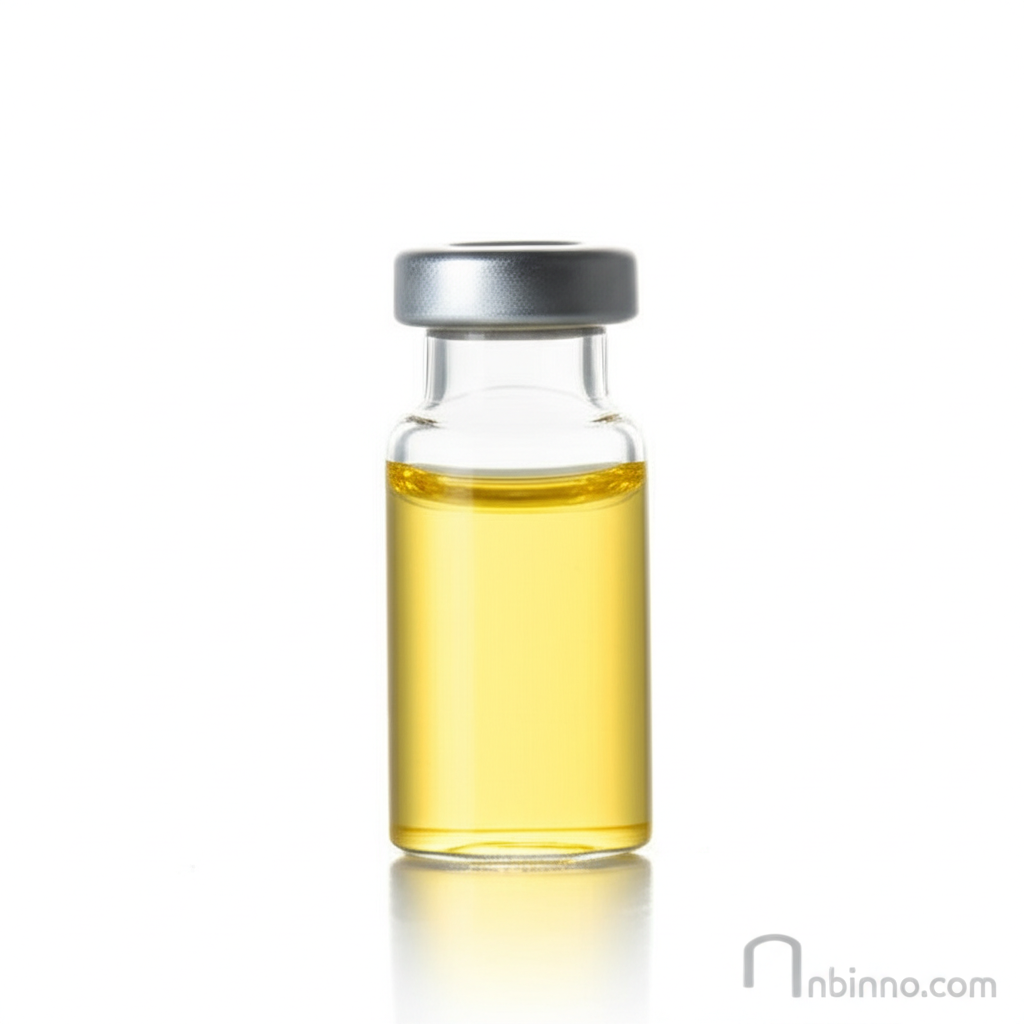Acetyl Ketene: Properties, Applications, and Safety in Chemical Synthesis
Explore the versatile nature of Acetyl Ketene, a key intermediate driving innovation across industries.
Get a Quote & SampleProduct Core Value

Acetyl Ketene
Acetyl Ketene, also known as Diketene (CAS 674-82-8), is a vital organic compound recognized for its significant reactivity and broad industrial utility. Its structure as a ketene dimer makes it a powerful building block in the synthesis of complex molecules, underpinning its importance in sectors ranging from pharmaceuticals to food preservation.
- Leveraging acetyl ketene pharmaceutical intermediate properties, this compound is integral to the development of numerous drug precursors and active pharmaceutical ingredients, enabling advancements in healthcare.
- Understanding diketene chemical properties is crucial for its effective use; its distinct reactivity allows for diverse chemical transformations, making it a favored choice for intricate synthesis pathways.
- The acetyl ketene synthesis process demands precision; typically derived from diketene dimerization, its production requires careful control to ensure high purity and yield for demanding applications.
- Exploring diketene applications in agrochemicals highlights its role in crop protection; it serves as a key intermediate for synthesizing effective herbicides and insecticides, contributing to agricultural productivity.
Key Advantages of Acetyl Ketene
Versatile Reactivity
The inherent reactivity of Acetyl Ketene, particularly its ability to undergo ring-opening reactions, makes it an indispensable reagent for creating a wide array of organic compounds, facilitating efficient acetyl ketene synthesis pathways.
Industrial Significance
As a critical intermediate, Acetyl Ketene plays a pivotal role in manufacturing processes for pharmaceuticals, dyes, and pigments, underscoring its broad impact on industrial chemical production.
Enhanced Product Development
Its application in food preservation extends product shelf life, while its use in pigments improves color stability, showcasing how diketene's chemical properties contribute to enhanced product performance across sectors.
Key Applications
Pharmaceutical Synthesis
As a key building block, acetyl ketene is indispensable for the synthesis of numerous pharmaceutical intermediates and active compounds, driving innovation in drug discovery and development.
Agrochemicals Manufacturing
Its role as a precursor in the agrochemical industry, particularly for herbicides and insecticides, demonstrates its utility in protecting crops and enhancing agricultural yields.
Dyes and Pigments
Acetyl ketene's reactivity makes it valuable in the production of dyes and pigments, contributing to vibrant colors and improved stability in various material applications.
Food Preservation
Utilized as a food preservative, diketene helps extend the shelf life and maintain the freshness of food products, meeting consumer demands for longer-lasting goods.
